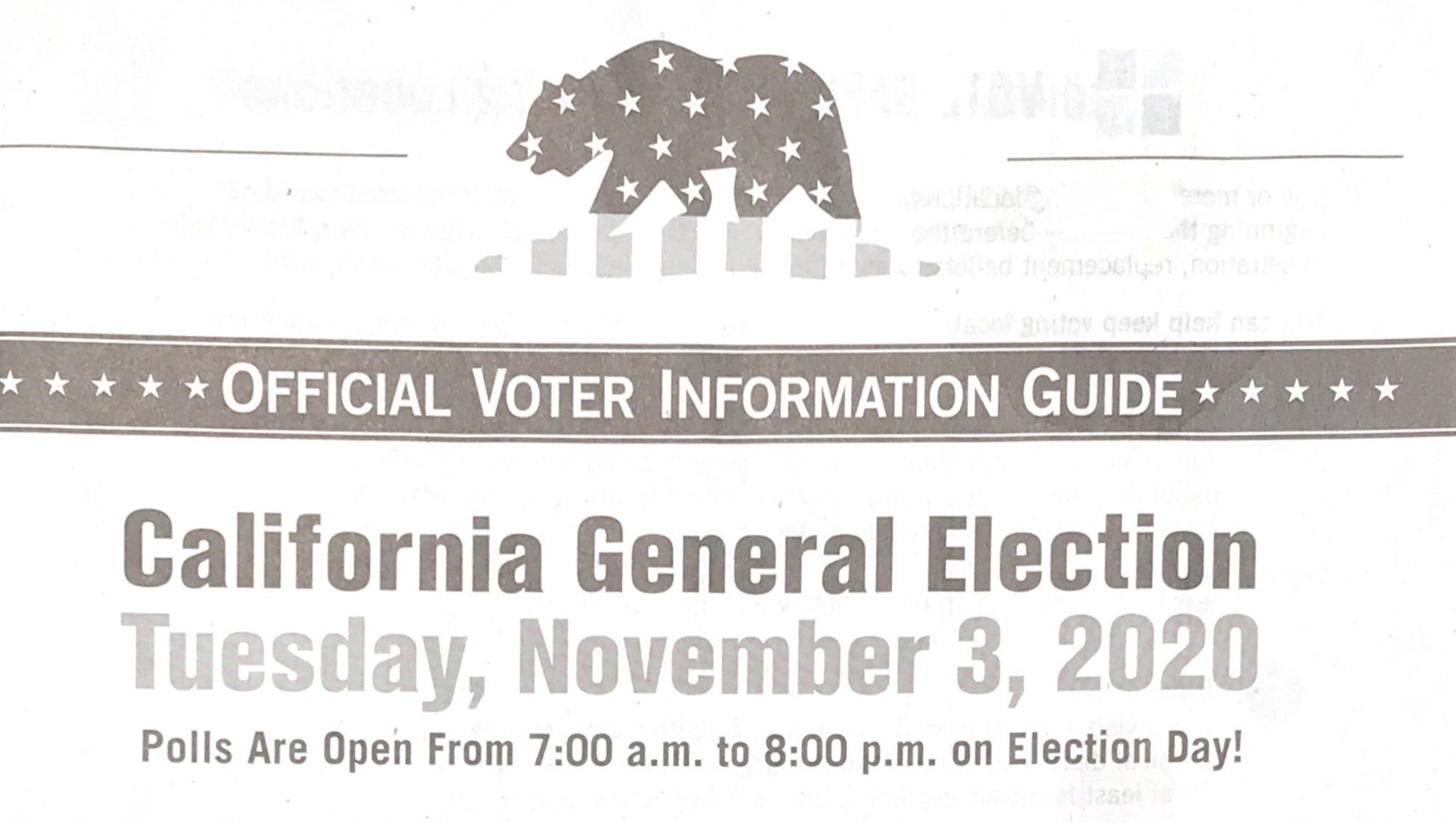By Rachel Wu
This election season, you may have heard terms like Proposition 22 and Proposition 16 being tossed around. But what exactly is a proposition?
California adopted its proposition system over a century ago to empower citizens through direct democracy by allowing them to propose legislation, vote directly on policy initiatives, and even amend the state constitution. According to the Statewide Initiative Guide, anyone eligible to vote in California is also eligible to propose three kinds of initiatives: initiative statutes, initiative constitutional amendments, and referendums. Initiative statutes are proposed laws, initiative constitutional amendments are amendments to the state constitution, and referendums give voters the power to approve or reject bills already passed by the California State Legislature.
To get an initiative or referendum on the ballot, the individual or group must pay a $2,000 fee and submit the proposed measure to the California Secretary of State for legal review. If the proposal is approved, the campaign must gather enough signatures within 180 days of the Secretary of State’s approval and at least 131 days before the election. The minimum of required signatures for an initiative statute or referendum to qualify for the November ballot is 5% of all people who voted in the last election for governor. For initiative constitutional amendments, the percentage increases to 8%. Then, county election officials must verify the signatures. After this step, the California Secretary of State will certify the initiative or referendum for the ballot. If a majority of voters approve the proposed measure in the November elections, it becomes law.
At the time of its creation, the proposition system aimed to reduce the political influence of railroad conglomerates on legislators, but critics of the system today argue that it may open the door for private interests to shape state laws for their own benefit. Notably, according to California Secretary of State records, gig economy companies such as Uber, Lyft, Doordash, Instacart, and Postmates have spent over $185 million dollars to push for the approval of Proposition 22 on the November 2020 ballot, which would classify app-based drivers as independent contractors and not employees. Yet, the proposition system has also granted Californians the opportunity to shape legislation even when the government was ineffective, such as in 1978, when Proposition 13 was passed, reducing the state’s property tax by 57% at a time when many Californians were losing their homes because they were unable to pay property taxes. The proposition system can be an effective tool for change, but voters ought to familiarize themselves with the propositions on the ballot in order for legislation to reflect the interests of citizens, not just private corporations.

